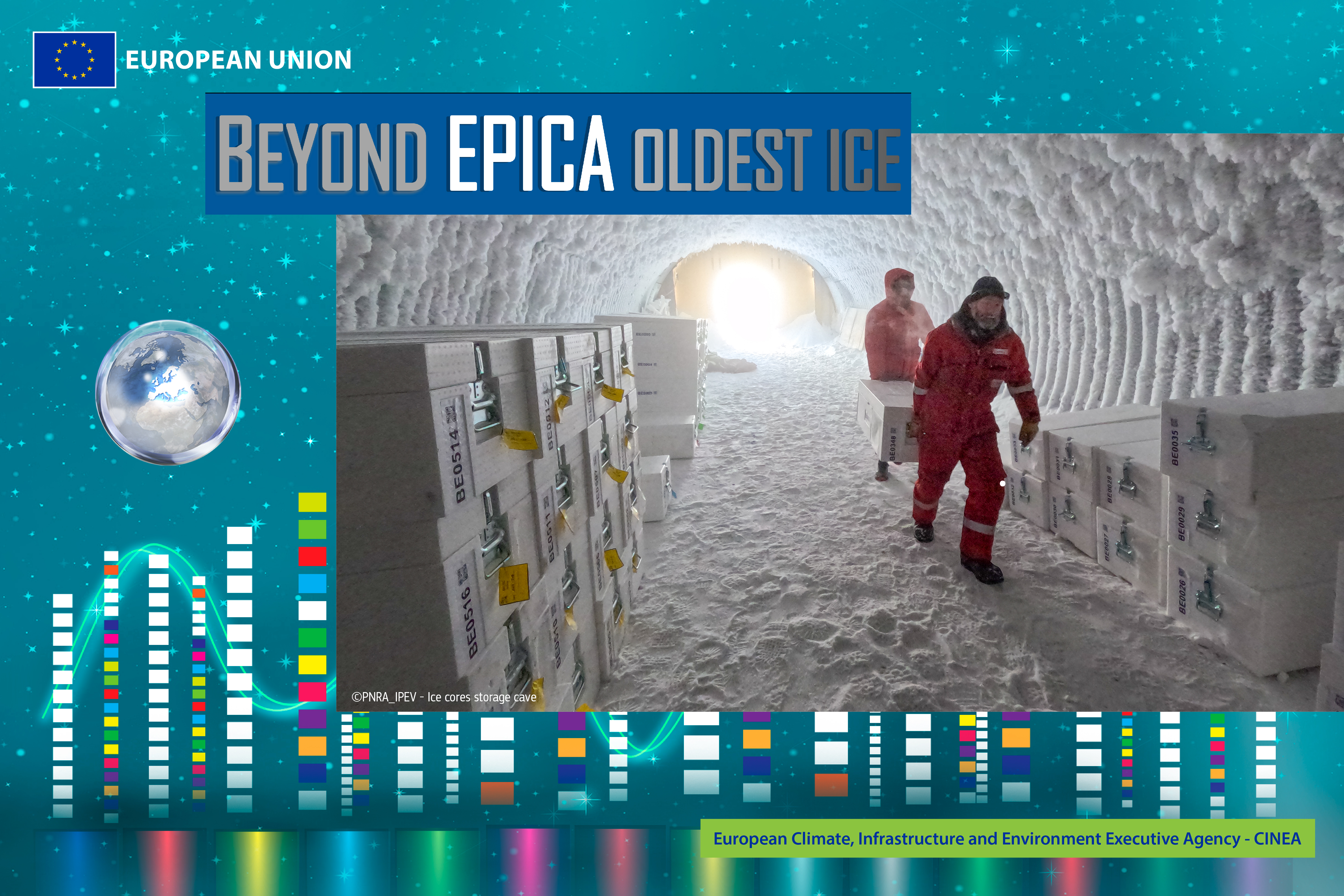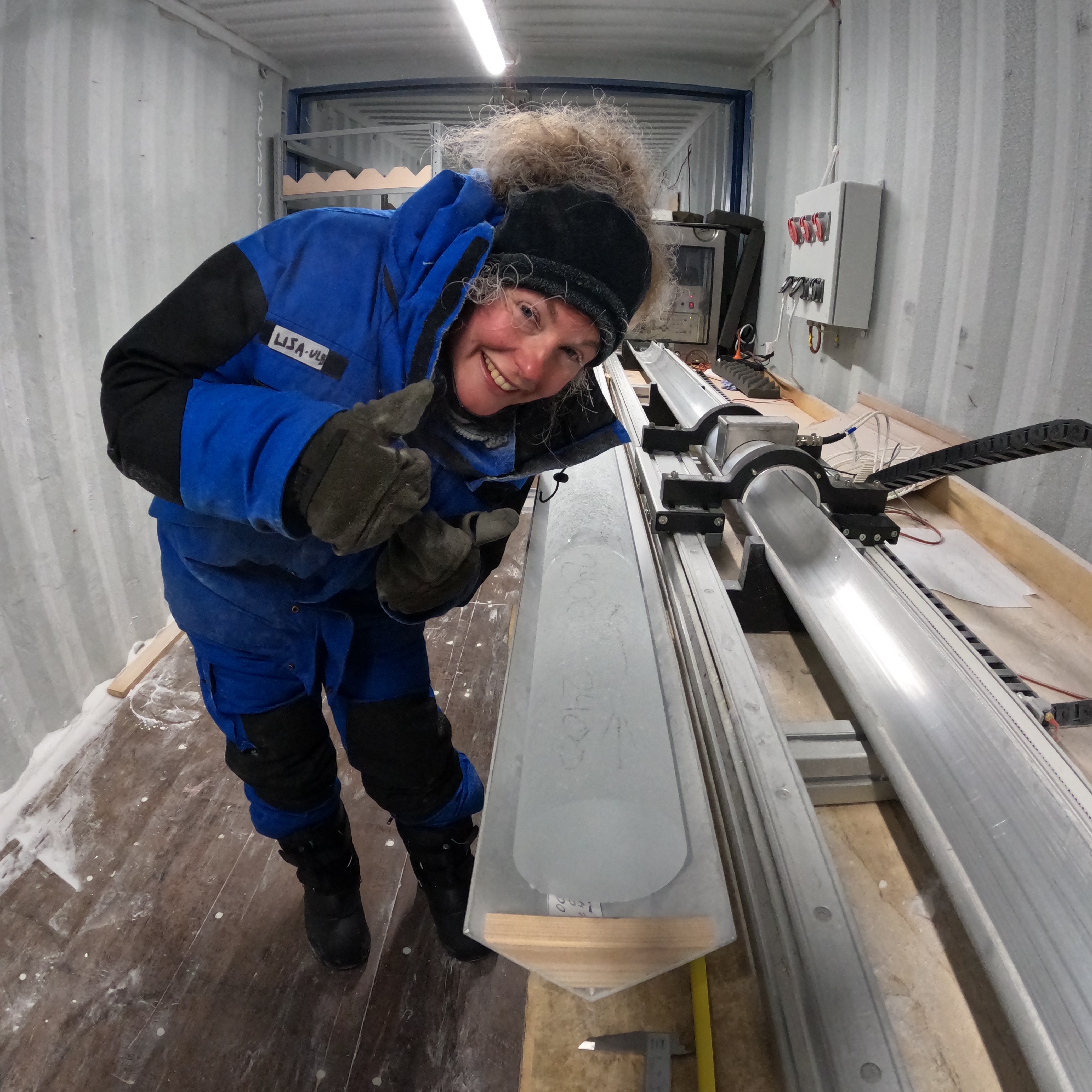Living and working in the White Desert - vlogs from Antarctica by a ULB student

The Beyond EPICA – Oldest Ice project is an ambitious international effort of 15 participants from 10 countries, aimed at uncovering Earth’s deep climate history by retrieving ice cores from Antarctica.
Forty kilometers from Concordia Station, at the Little Dome C drilling site, around fifteen scientists have been taking turns every year since 2019 on an extraordinary mission: to reconstruct Earth's climate variations over 1.5 million years.
Last winter, the team achieved a historic feat by extracting a 2,800-meter-long ice core , 1.2 million years old – a world first. Like true time capsules, the air bubbles trapped in the ice provide a unique testimony to the evolution of the climate and make it possible to anticipate future changes.
From between the glaciers, straight to Instragram

In the middle of this white desert, amid extreme temperatures, millennia-old ice, curious penguins, and a laboratory cooled to -35°C, Lisa Ardoin, a doctoral student at the Faculty of Science's Glaciology Laboratory, worked and filmed her daily life.
With a GoPro camera in hand, she captured images of science and life, which she now shares in a series of 10 vlogs published twice a week on her Instagram account.
SEE THE VLOGS AND JOIN THE ADVENTURE
Beyond the lab
This is not Lisa's first project of this type. Very involved in scientific dissemination, Lisa multiplies initiatives to make her work accessible - in other words, to break the overly serious image of research, to transmit her passion and to motivate people to act in the face of the climate challenge.
Her actions brought her the ULB 2024 Scientific Dissemination Prize – doctoral student category.
Latest Highlights:
Earth observation and geoinformatics empower humanitarian response
SUR researchers identify key elements for food safety and quality
Christian Möllmann: A "civizen" linking European and African universities
Aix-Marseille Université hosted the celebration of "25 Years of Téthys network"
